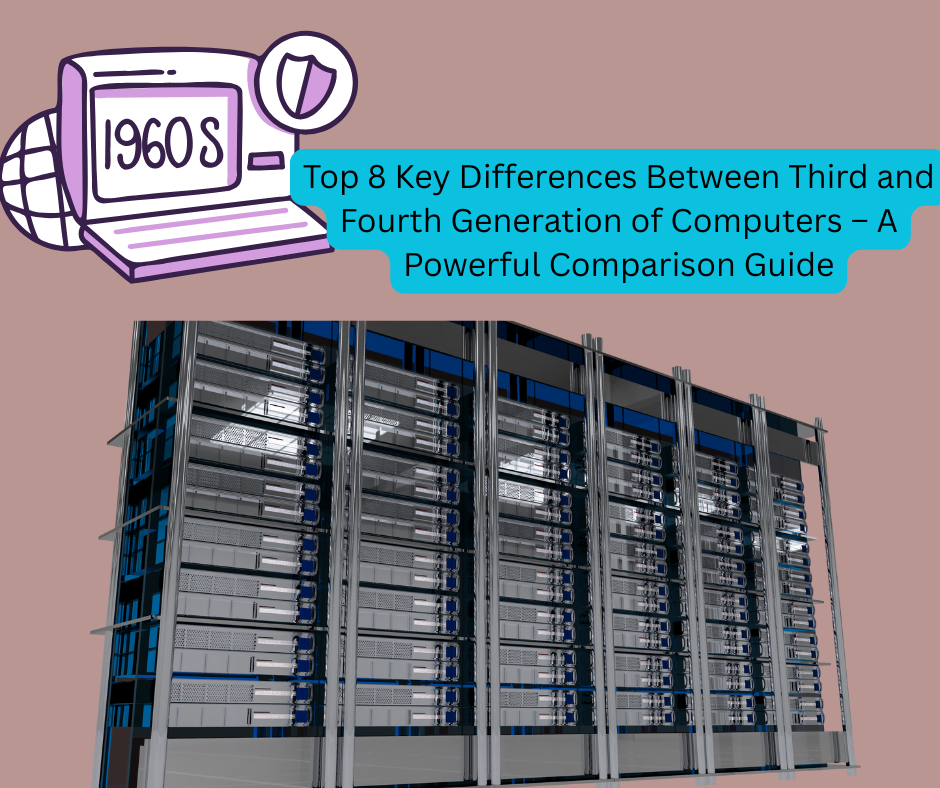A Quick Guide to Time Management
Time management is a process of planning and controlling about how much time to spent on particular task in order to have target output. Anyone having good time management can have more task done in a specific pattern that allows individual to manage stress, built confidence and helps to achieve career goals.
Benefits of Time Management
In this section we will see some of the major Benefits of Time Management:
Increased productivity: Productivity is increased when individuals and organisations successfully manage their use of time so that they can complete more things in the same amount of time.
Reduced stress: When chores are structured and prioritised, it can minimise the feeling of being overwhelmed and create a sense of control. This can have a positive impact on stress levels.
Improved goal attainment: Setting precise, measurable objectives and devoting time to work towards them might raise the likelihood of successfully accomplishing those goals, leading to improved goal achievement.
Better use of resources: A more efficient use of resources: It may be feasible to accomplish more with fewer resources, such as money and personnel, if time management is handled in an effective manner.
Increased flexibility: Being able to more effectively manage one’s time can make it simpler to adjust one’s behaviour in response to shifting conditions and seize on emerging possibilities.
Improved in work-life balance: A better work-life balance can be achieved by effective time management, making it potentially simpler to strike a healthy equilibrium between one’s professional and personal obligations and resulting in a life that is more satisfying overall.
Improved decision making: The more effectively time is managed, the more likely it is that one will be able to make better judgements since they will have the opportunity to assess their available options and think about the benefits and drawbacks of each choice.
Some Useful Tips for Effective Time Management
Here are Some Useful Tips for Effective Time Management:
Set explicit and measurable goals: Determine your objectives and make specific, measurable targets for yourself.
Prioritise tasks: Make a list of everything that needs to be done and prioritise the activities according to priority and urgency.
Create a schedule : Schedule time for certain tasks and activities using a calendar or planner.
Eliminate distractions: Distract sources must be identified and eliminated, such as social media, email notifications, and interruptions from others.
Take Frequent Breaks: Regular breaks can help reduce burnout and enhance productivity.
Learn to say no: Be picky about the tasks and obligations you accept, and learn to say no to things that aren’t important or don’t line with your goals.
Delegate: To make better use of your time, learn to delegate duties to others when possible.
Familiar yourself with tech: Use technology to automate tedious activities, manage your time, and stay organised.
Examine and Revise: Review your calendar on a regular basis and make changes as needed to ensure you are making the best use of your time.
Be Flexible: Because unforeseen events and crises can arise, be flexible with your time management. Prepare to adjust your schedule if necessary.
People also Read: Manufacturing Process Technology in Operation Management
Implications of Poor Time Management
Bad time management can have a lot of bad impacts.Lets see some of the consequences of poor time management.
Reduced productivity: When time isn’t used well, tasks may take longer to finish or may not get done at all, which leads to less work getting done.
Increased stress: If you don’t use your time well, deadlines and tasks can pile up, making you feel overwhelmed and stressed.
Opportunities lost: People and organisations can miss out on new chances if they don’t know how to use their time well.
Poor work quality: When tasks are rushed or not given enough attention, the work quality can go down.
Poor Relationship: If you don’t know how to manage your time well, you might miss deadlines or not follow through on things, which can make other people angry.
Loss of money: If you don’t manage your time well, you might miss deadlines, lose business, or have to pay more.
Poor health: If you don’t manage your time well, you may not have a good balance between work and life, which can be bad for your physical and mental health.
Trouble meeting deadlines: If you don’t manage your time well, you might miss deadlines, which can lead to bad things like fines, penalties, or lost business.
Difficulty making decisions: If you don’t manage your time well, it can be hard to make decisions because you may not have enough time to think about all of your options.
Goals are harder to reach: If you don’t manage your time well, tasks and projects may not get done on time, making it hard to reach personal and professional goals.
Recent Posts


